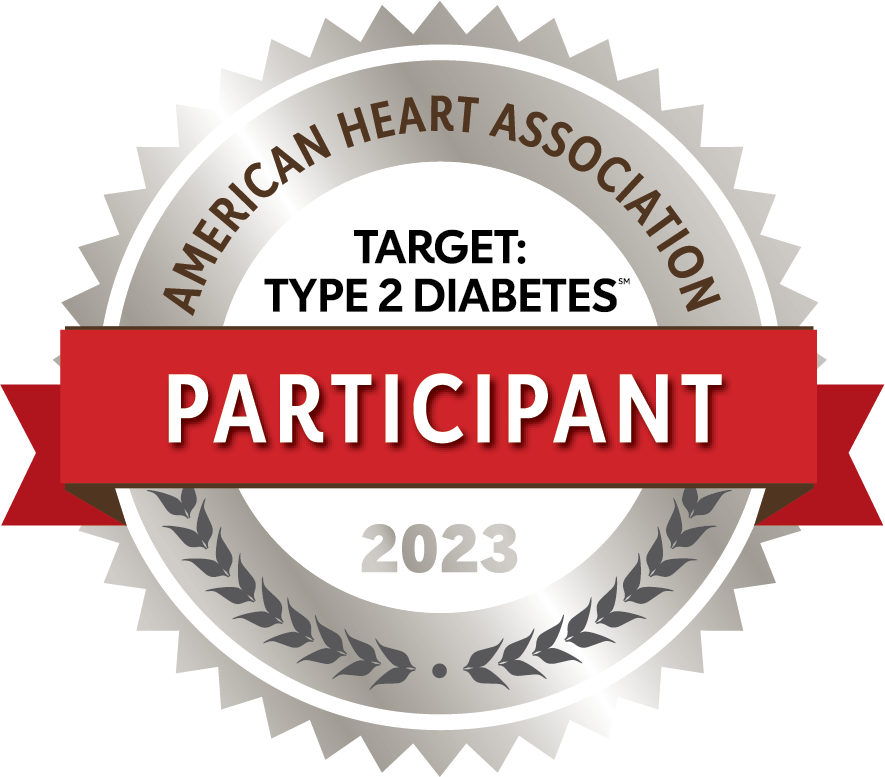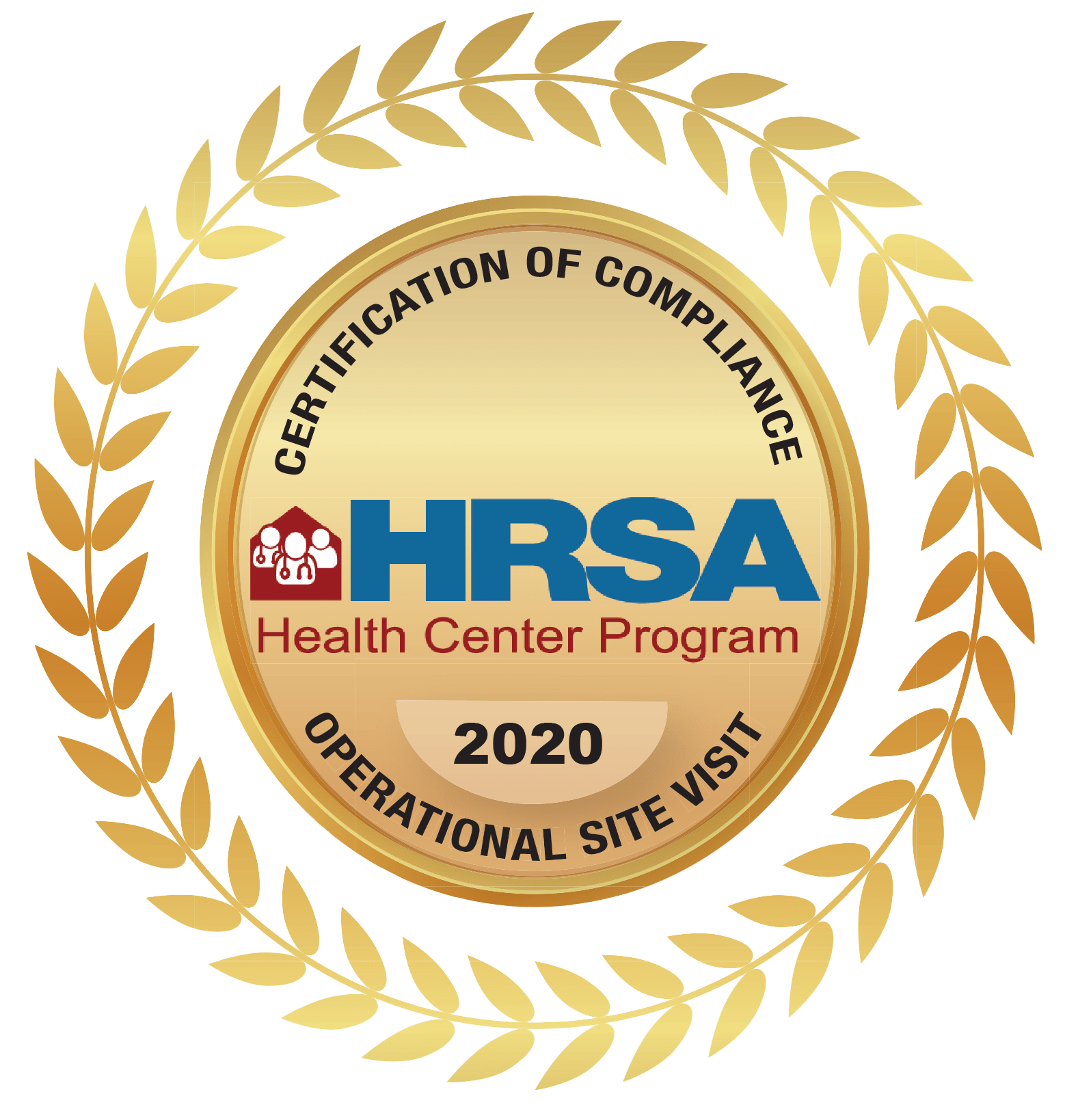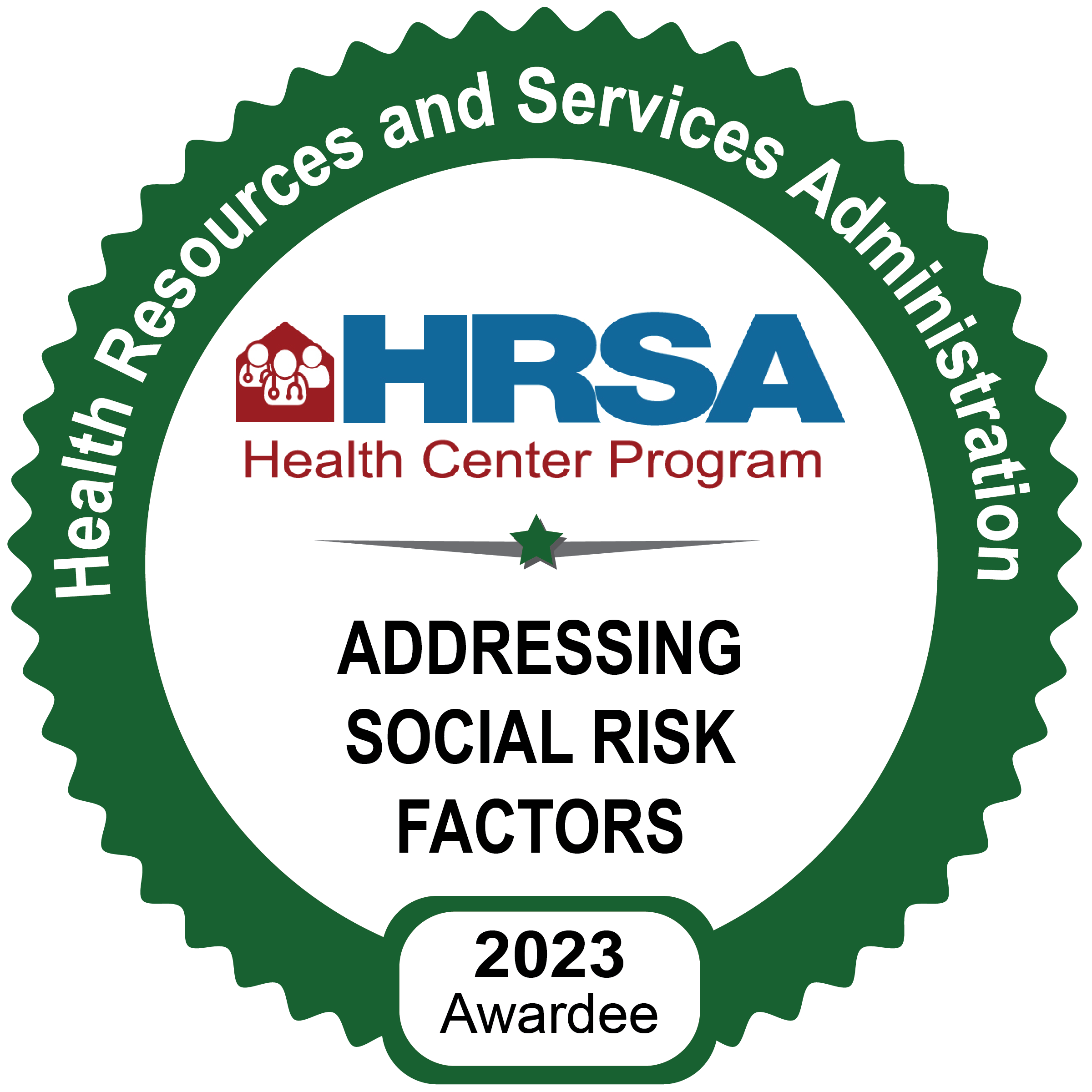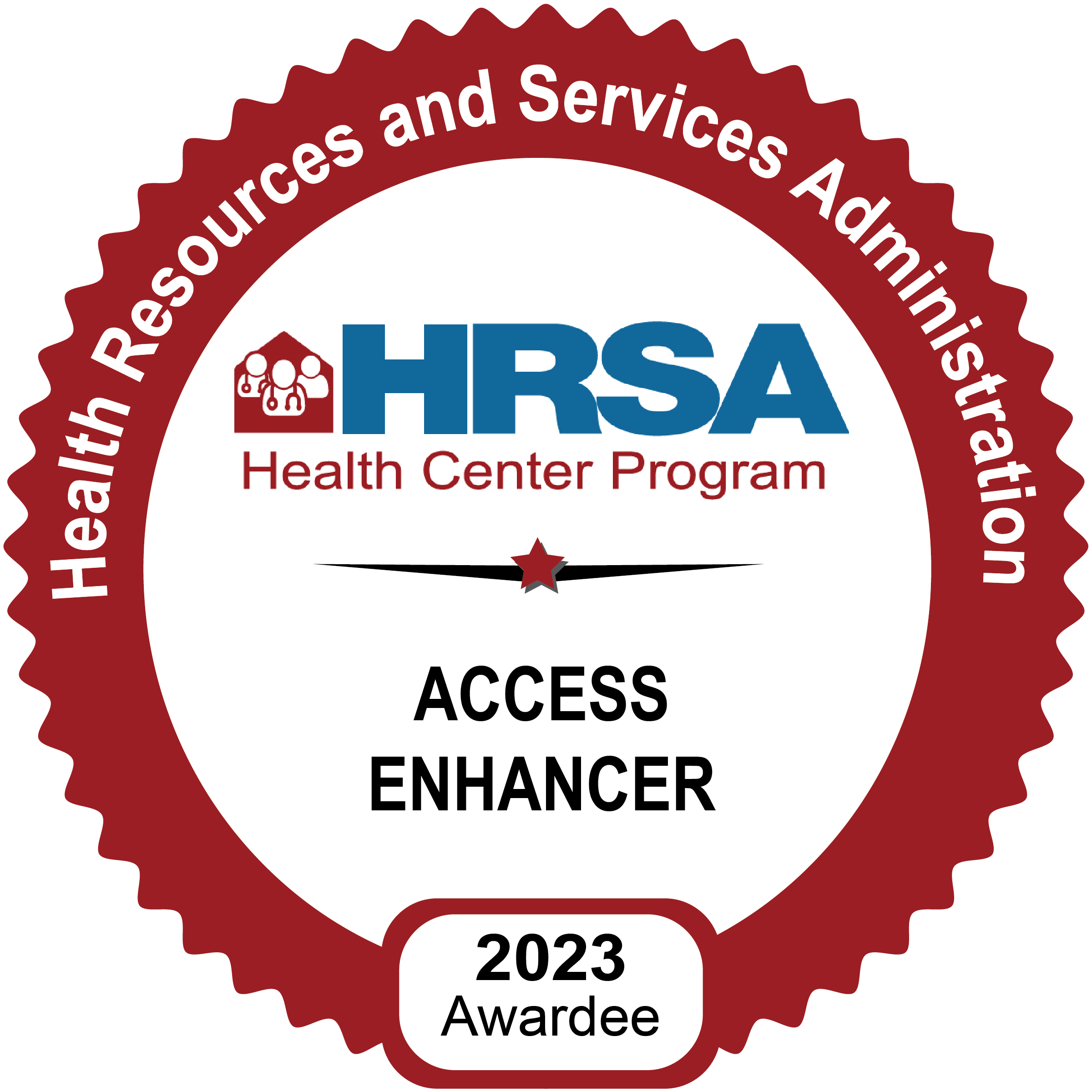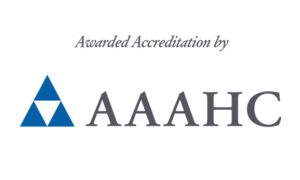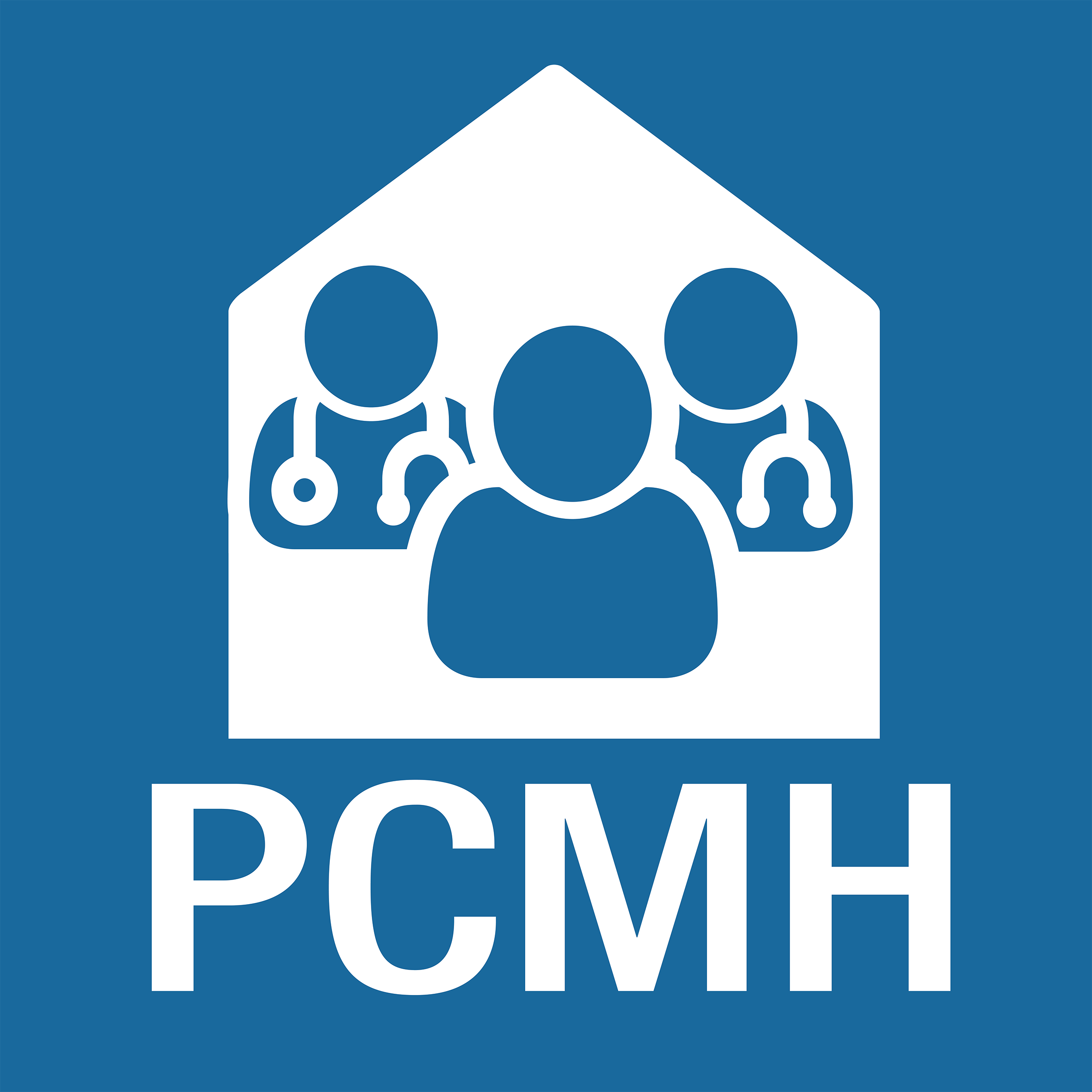By: Emelin Martinez, FNP-BC
The goals of the well-child examination in school-aged children are promoting health, detecting disease and counseling to prevent injury and future health problems. There are different components of the health maintenance visit that include a history, developmental surveillance, physical examination, screening tests, and immunizations.
The history should include the child’s medical history, medications, allergies, and social history. This can include diet, physical activity, daily screen time (i.e., television, computer, and video games), hours of sleep and dental care. Other questions should be about using helmets, seat belts and the presence of firearms in the home, and school performance.
A complete physical examination should be performed. The child should be screened for depression, obesity, alcohol, tobacco and drug use. Rates of childhood obesity have been steadily increasing and children should be offered dietary counseling such as reducing the intake of sugary beverages, eating more vegetables and increasing fruit intake. Children should be encouraged to engage in at least one hour of physical activity per day and limit screen time to no more than 1-2 hours daily. The average school-aged child should sleep 11 hours per night.
Immunizations should include the annual flu vaccine, tetanus toxoid, diphtheria toxoid and acellular pertussis (Tdap), meningococcal (MCV) and human papilloma virus vaccines (HPV).
Mantenimiento de la Salud para los Niños
Los objetivos del examen del niño sano son la promoción de la salud, la detección de la enfermedad y el asesoramiento para evitar golpes y problemas de salud en el futuro. Existen diferentes componentes de la visita de mantenimiento de la salud, que incluyen una historia, la vigilancia del desarrollo, examen físico, pruebas de detección y vacunas.
La historia debe incluir la historia médica del niño, medicamentos, alergias, y la historia social. Esto puede incluir dieta, la actividad física, el tiempo de pantalla al día (es decir, la televisión, la computadora y los juegos de video), horas de sueño y el cuidado dental. Otras preguntas deben ser sobre el uso de cascos, cinturones de seguridad y la presencia de armas de fuego en el hogar, y el rendimiento escolar.
Un examen físico completo se debe realizar. El niño debe ser examinado para la depresión, la obesidad, el alcohol, el tabaco y el consumo de drogas. Las tasas de obesidad infantil han aumentado de manera constante y los niños se les debe ofrecer asesoramiento dietético como la reducción de la ingesta de bebidas azucaradas, comer más verduras y aumentar la fruta de admisión. Los niños deben ser alentados a participar en al menos una hora de actividad física y límite el tiempo por pantalla no más de 1-2 horas diarias. El niño en edad escolar promedio debe dormir 11 horas por noche.
Las vacunas deben incluir la vacuna anual contra la gripe, toxoide tetánico, toxoide diftérico y la tos ferina acelular (Tdap), vacunas de virus del papiloma meningocócica (MCV) y humano (VPH).


